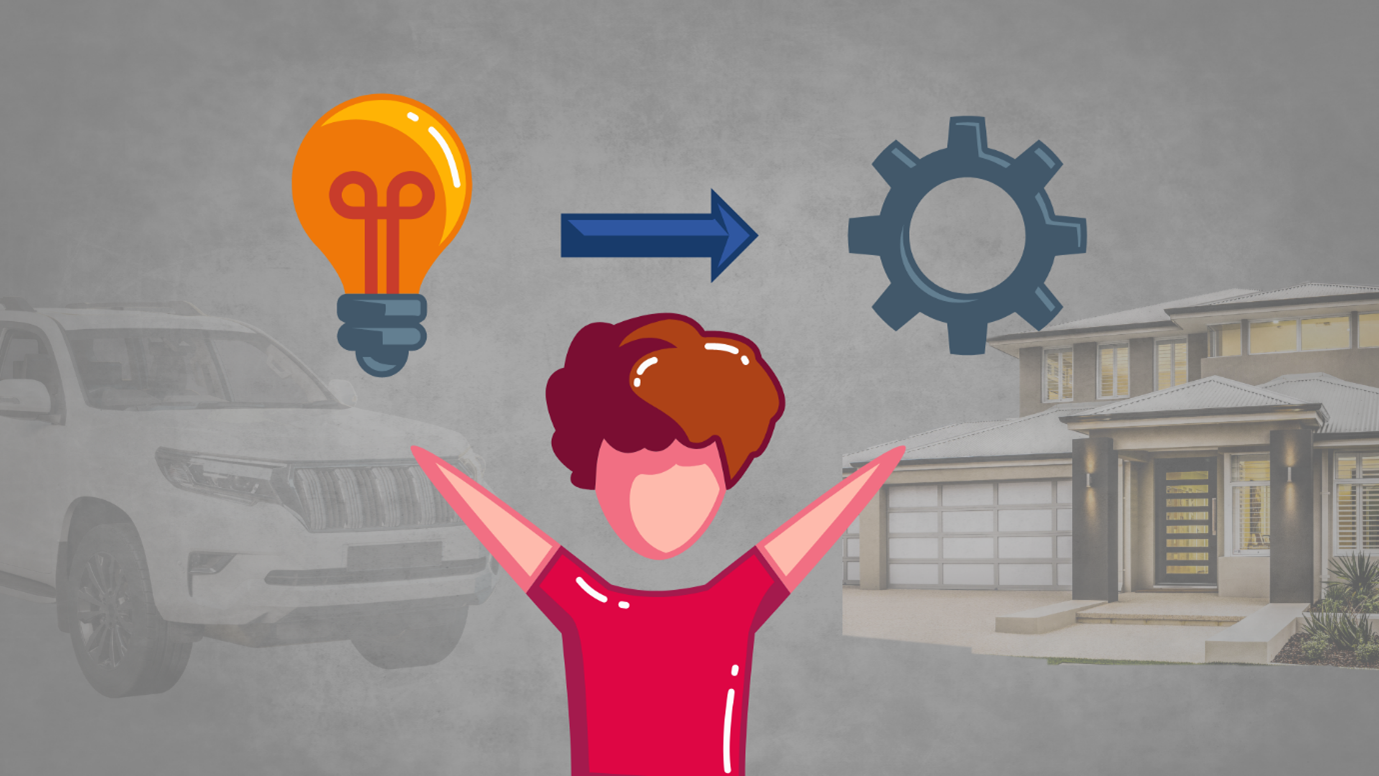
7/11/2024, 3:38:36 AM
Buying a Car or Buying a House? Which One is More Valuable?
When it comes to significant financial decisions, buying a car and buying a house often rank at the top of the list. Both come with substantial investments, long-term commitments, and a fair share of benefits and drawbacks. But which one is more valuable? Let's delve into the various factors to consider when making this crucial decision.
Financial Investment

Buying a Car:
- Initial Cost: Cars generally have a lower initial purchase price compared to houses. However, this cost can vary widely depending on the make, model, and features.
- Depreciation: Cars depreciate rapidly. A new car can lose up to 20% of its value within the first year and continue to depreciate over time.
- Ongoing Expenses: Maintenance, insurance, fuel, and potential repairs add to the overall cost of owning a car.
Buying a House:
- Initial Cost: Houses have a higher initial purchase price, often requiring a substantial down payment and mortgage commitment.
- Appreciation: Unlike cars, houses generally appreciate in value over time. Real estate is often seen as a long-term investment that can yield significant returns.
- Ongoing Expenses: Property taxes, maintenance, insurance, and utilities are ongoing costs associated with homeownership.
Practical Utility

Buying a Car:
- Mobility and Convenience: A car provides the freedom to travel at your convenience, which can be essential for commuting, running errands, and leisure.
- Depreciation of Utility: As cars age, they require more maintenance and can become less reliable, reducing their practical value over time.
Buying a House:
- Stability and Security: Owning a home provides a stable living environment and the security of a long-term residence.
- Equity Building: Monthly mortgage payments contribute to building equity, increasing your net worth.
- Customization: Homeowners have the freedom to modify and personalize their living space.
Long-Term Value

Buying a Car:
- Short-Term Asset: Cars are typically seen as short-term assets with decreasing value. They do not provide long-term financial growth.
- Depreciating Investment: The value of a car will almost always decrease over time, making it a less valuable long-term investment.
Buying a House:
- Long-Term Investment: Real estate is considered one of the most reliable long-term investments. Over time, the value of property tends to increase, contributing to overall wealth.
- Wealth Building: Homeownership is a key component of building long-term wealth through property appreciation and equity accumulation.
Lifestyle Considerations

Buying a Car:
- Immediate Gratification: Purchasing a car can provide immediate benefits, enhancing mobility and convenience in daily life.
- Flexibility: For those who need to move frequently or prefer a more mobile lifestyle, a car can offer the flexibility that a house cannot.
Buying a House:
- Rooted Lifestyle: Owning a home ties you to a specific location, which can be advantageous for families seeking stability and community ties.
- Personal Investment: A home is not just a financial investment but a personal and emotional one, offering a sense of ownership and pride.
Conclusion

The value of buying a car versus buying a house ultimately depends on your individual needs, financial situation, and long-term goals. If you prioritize mobility and immediate convenience, a car may be more valuable in the short term. However, if you're looking to invest in your future, build wealth, and create a stable living environment, buying a house is generally the more valuable choice.
At Oriental Real Estate, we understand that every individual's situation is unique. Whether you're looking to buy your first home or expand your real estate portfolio, our team is here to guide you through every step of the process. Contact us today to explore your options and make an informed decision that best suits your lifestyle and financial goals.